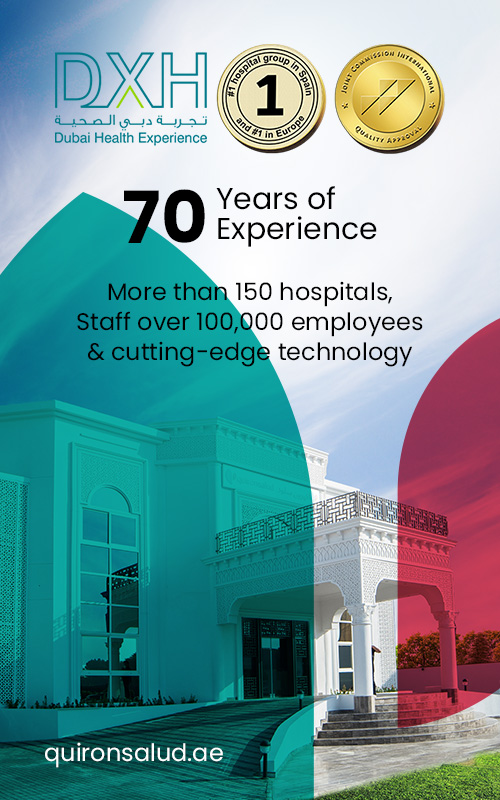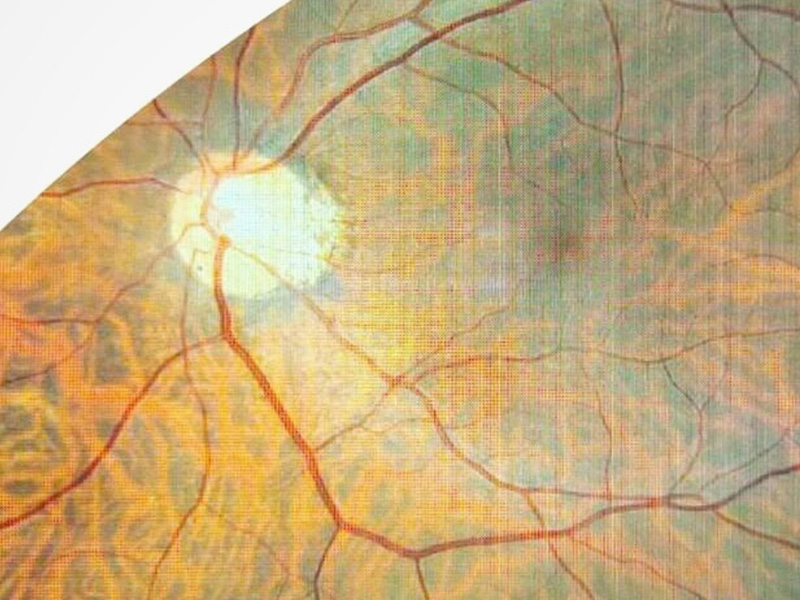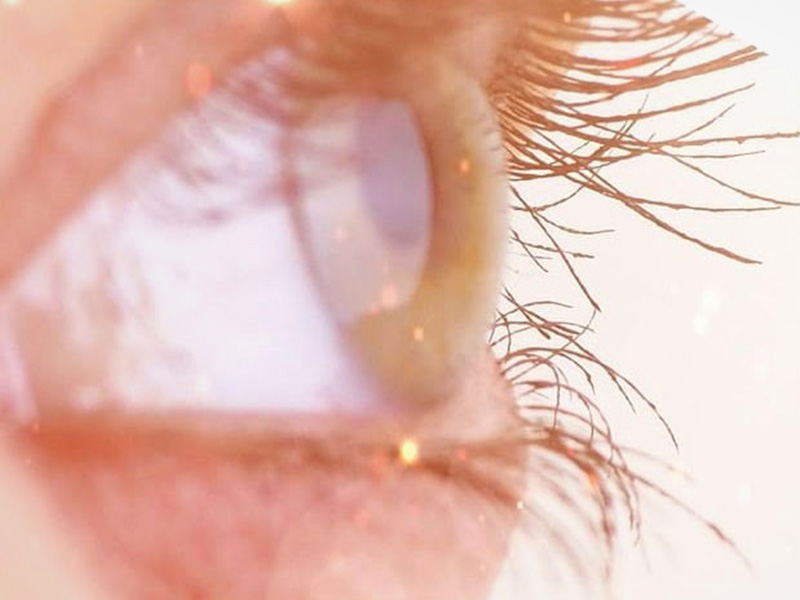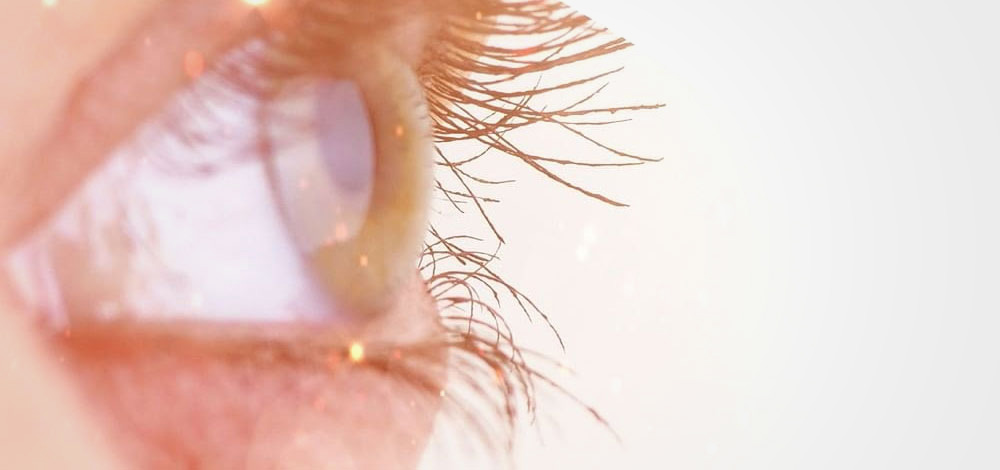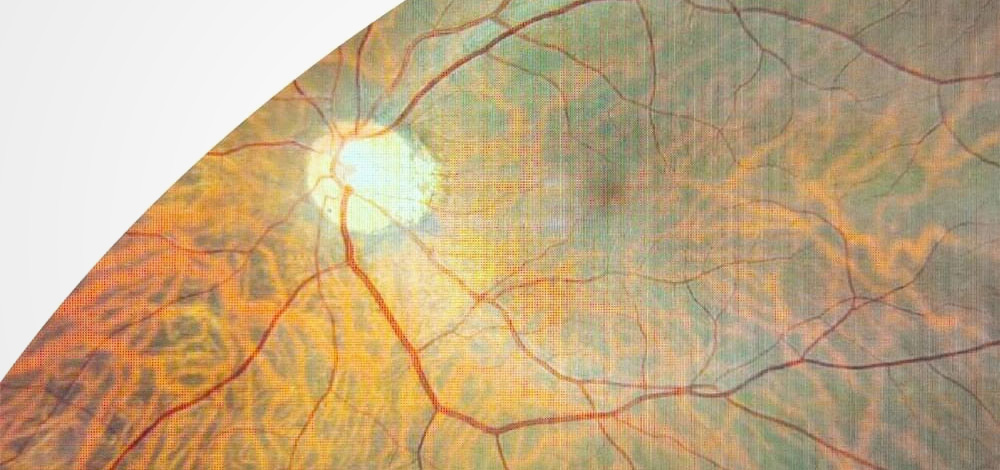
Retinal Disorders Introducing The Common Problems And Their Symptoms
The retina covers the inside of the back two-thirds of the eyeball and is a sensory membrane that receives light and converts them into neural-signals for visual recognition. It plays a significant role in vision, and the damages can cause a mild to severe range of problems which include permanent blindness conditions. The ophthalmologist emphasizes the importance of visiting the eye clinic for early treatments to prevent possible permanent damages to the eyes. Hence, this article will look into the most common retinal disorders and their symptoms for your understanding.
Retinal Detachment
The condition is an immediate situation where a thin layer of tissues situated at the back of the eye pulls away. The change in position separates the blood vessels from the retinal cells. These vessels are involved with continuous blood to the retina supplying oxygen and nutrients. A detachment of retinal cells can risk a permanent vision loss if left untreated. The symptoms of retinal detachment include;
- The sudden appearance of floaters and flashes
- Reduced or blood vision
- Reduction in peripheral or side vision
- A shadow over the visual field.
Retinal Tear
When the thin transparent front part of your eye or the retina gets damaged, and a crack develops, a tear is formed. The occurrence can be spontaneously and considered as the most common retinal issue among populations. Injuries, trauma, eye surgeries are a few causes for the event of a retinal hole. The symptoms of the condition include;
- Sudden onset of floaters and flashes of light
- Hazy vision
- A dark spot in the visual field
Macular Hole
The macula is located in the center of the retina and is responsible for providing a sharp central vision required for reading and driving. A macular hole is a small break in the macula that can cause blurred and distorted vision. The condition can be mostly seen with aging and among people over the age of 60. The most common signs are;
- Distortion or blurriness in central vision
- Seeing straight lights in a wavy form
- Difficulty in reading and driving
Age-Related Macular Degeneration
Just like the name interprets, the condition is linked with aging, where the eyesight of a person can worsen over time and even lead to permanent vision loss. This happens when the macula wears down and can be mostly seen in people over 60. The condition is categorized into two types, dry form and wet form, where the dry form can cause yellow deposits in the macula. In the wet form, the growth of blood vessels underneath the macula can be observed. The common symptoms include;
- Blurry and worsen eyesight.
- Dark and blurry areas in the central vision
- Different color perceptions (a rare symptom)
Diabetic Retinopathy
Diabetes is a common long-term medical condition that affects the way your body turns food into energy. This chronic condition can cause problems in your eyes, including diabetic retinopathy, leading to vision loss and blindness in people. It is essential to visit an eye hospital regularly for people with diabetic conditions for early prevention. Although symptoms cannot be seen initially, changes can be seen in the later stages. They are;
- Dark floating spots or streaks
- Patchy vision
- Eye pain or redness
- Sudden vision loss
If you experience any of these situations and observe any unusualness in your sight, visit our eye specialist immediately for a comprehensive examination. Diagnosing the issues can prevent unfortunate problems like blindness and sustain a healthy vision for the years to come. You can visit us at Quironsalud for all retinal medical conditions and get help from one of the best retinal specialists in Dubai. We use cutting-edge technology to treat all your optical issues and commit to personalized treatment for a unique experience.
